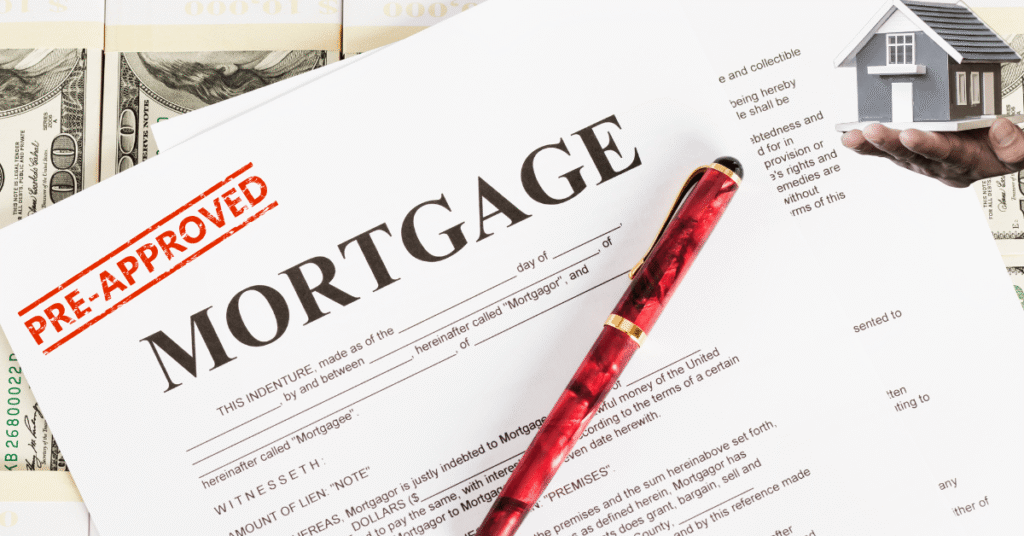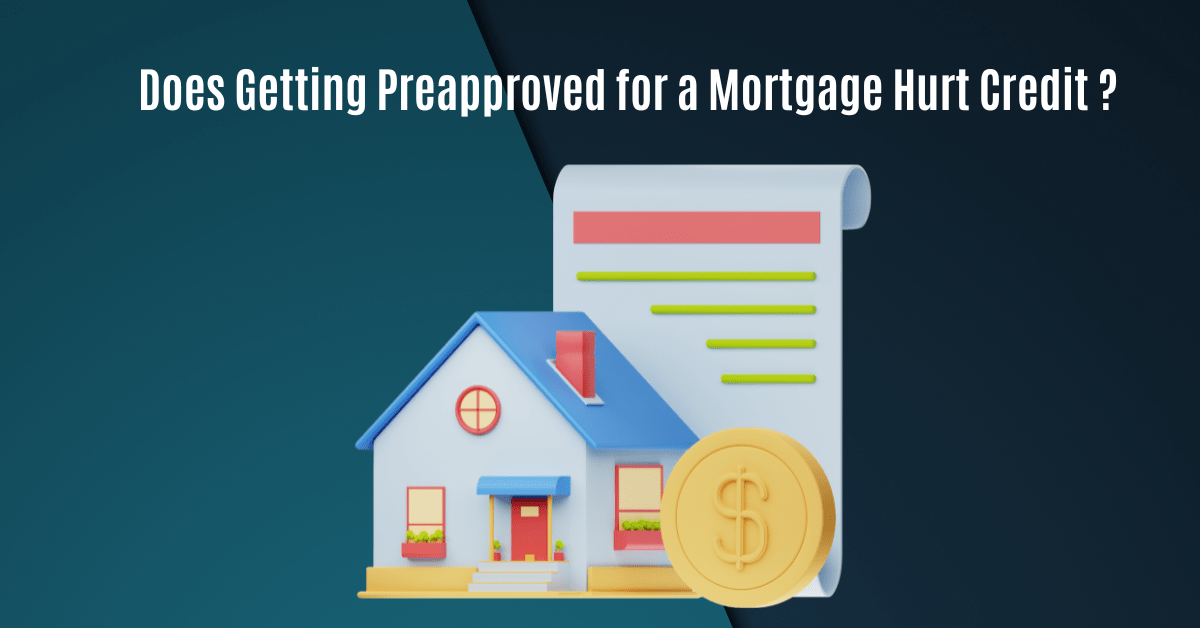When you’re considering purchasing a home, one of the first steps is often getting preapproved for a mortgage. Many people worry that this process may have a negative impact on their credit score, but is that really the case? Let’s explore that question and put your concerns to rest.
Understanding Credit Inquiries
Before we dive into the impact of mortgage preapproval on your credit, it’s important to understand how credit inquiries work. When you apply for credit, whether it’s for a mortgage, car loan, or credit card, the lender typically pulls your credit report from one or more of the major credit bureaus.
There are two types of credit inquiries: hard inquiries and soft inquiries. Hard inquiries occur when you apply for credit, while soft inquiries occur when you check your own credit or receive preapproved credit offers.
Hard inquiries may have a temporary negative impact on your credit score, typically reducing it by a few points. However, the impact is usually minimal and short-lived. On the other hand, soft inquiries do not affect your credit score.
The Impact of Mortgage Preapproval
When you get preapproved for a mortgage, the lender will pull your credit report and perform a hard inquiry. This allows them to assess your creditworthiness and determine the mortgage amount you qualify for.
Although the hard inquiry may temporarily lower your credit score, the effect is usually minimal. Mortgage preapproval is considered a normal part of the homebuying process, and credit bureaus understand this. As a result, credit scoring models are designed to take this into account.
In fact, if you’re shopping for a mortgage and apply with multiple lenders within a short period, typically 30 days, these inquiries are usually treated as a single inquiry. This is known as the “rate shopping” provision and prevents your credit score from being negatively impacted by multiple inquiries caused by mortgage shopping.

Benefits of Preapproval
Now that we’ve clarified the impact of mortgage preapproval on your credit, let’s focus on the benefits of getting preapproved. There are several advantages to obtaining preapproval before house hunting:
- Know your budget: Preapproval allows you to determine the maximum mortgage amount you can afford, helping you set a realistic budget.
- Enhanced negotiation power: Sellers are more likely to take you seriously if you have a preapproval letter, potentially giving you an advantage in negotiations.
- Faster closing process: Since you have already completed some of the initial paperwork, your loan application can be processed more quickly, leading to a faster closing.
- Peace of mind: With preapproval, you can confidently make offers on homes, knowing that you have the financial backing to follow through.
By gaining preapproval, you can streamline your homebuying process and minimize potential delays.
Protecting Your Credit
While the impact of mortgage preapproval on your credit score is minimal, it’s still essential to manage your credit responsibly throughout the homebuying process:
- Pay your bills on time: Late payments can significantly damage your credit score. Ensure that all your bills are paid promptly.
- Avoid new credit applications: Opening new credit accounts, such as credit cards or auto loans, can impact your credit score temporarily.
- Keep your credit utilization low: Try to keep your credit card balances below 30% of your available credit limit to maintain a healthy credit score.
- Monitor your credit report: Regularly check your credit report for errors or fraudulent activity. Report any discrepancies immediately.
By following these guidelines and maintaining good credit habits, you can protect your credit score throughout the homebuying process.
In Conclusion
Getting preapproved for a mortgage does involve a hard inquiry that may temporarily lower your credit score. However, the impact is usually minimal and short-lived. Mortgage preapproval is a normal process, and credit scoring models take this into consideration.
Don’t let the fear of damaging your credit prevent you from seeking preapproval. The benefits of preapproval, such as understanding your budget and gaining negotiation power, far outweigh any potential impact on your credit score. Just remember to continue practicing good credit habits to protect your score throughout the homebuying journey.
Frequently Asked Questions On Does Getting Preapproved For A Mortgage Hurt Credit: Debunking The Myths
Does Getting Preapproved For A Mortgage Hurt Credit?
Getting preapproved for a mortgage does not hurt your credit. The lender does a soft inquiry that does not affect your credit score.
How Does Getting Preapproved For A Mortgage Affect Credit?
Getting preapproved for a mortgage may temporarily lower your credit score. However, the impact is minimal and should not have a significant long-term effect.
Can Getting Preapproved For A Mortgage Be Denied?
Yes, getting preapproved for a mortgage can be denied. Factors like credit score, income, debt-to-income ratio, and employment history can influence the approval process.
Should You Get Preapproved For A Mortgage Before Looking At Houses?
It is highly recommended to get preapproved for a mortgage before looking at houses. This gives you a clear understanding of your budget and strengthens your position as a serious buyer.
Ismail Hossain is the founder of Law Advised. He is an Divorce, Separation, marriage lawyer. Follow him.





Leave a Reply